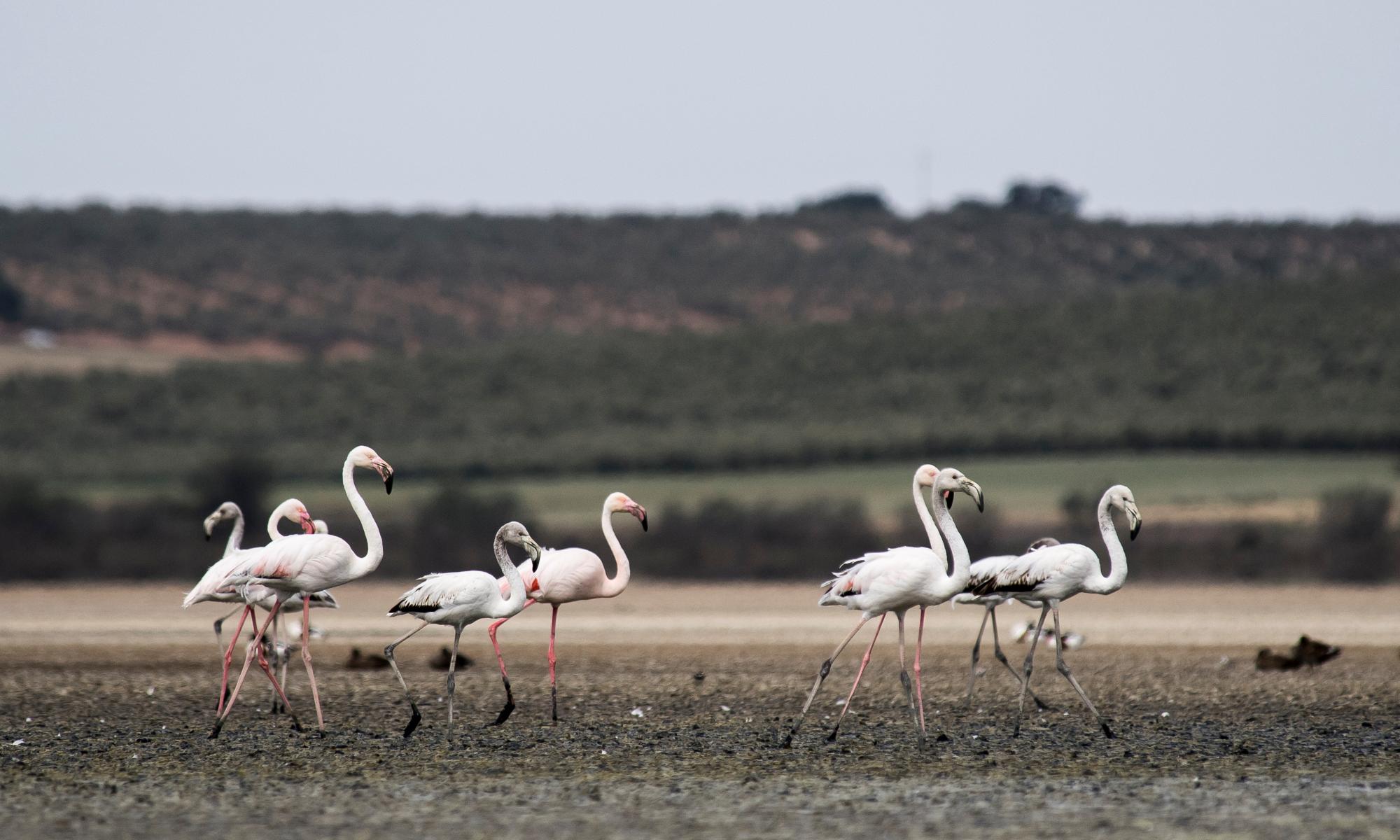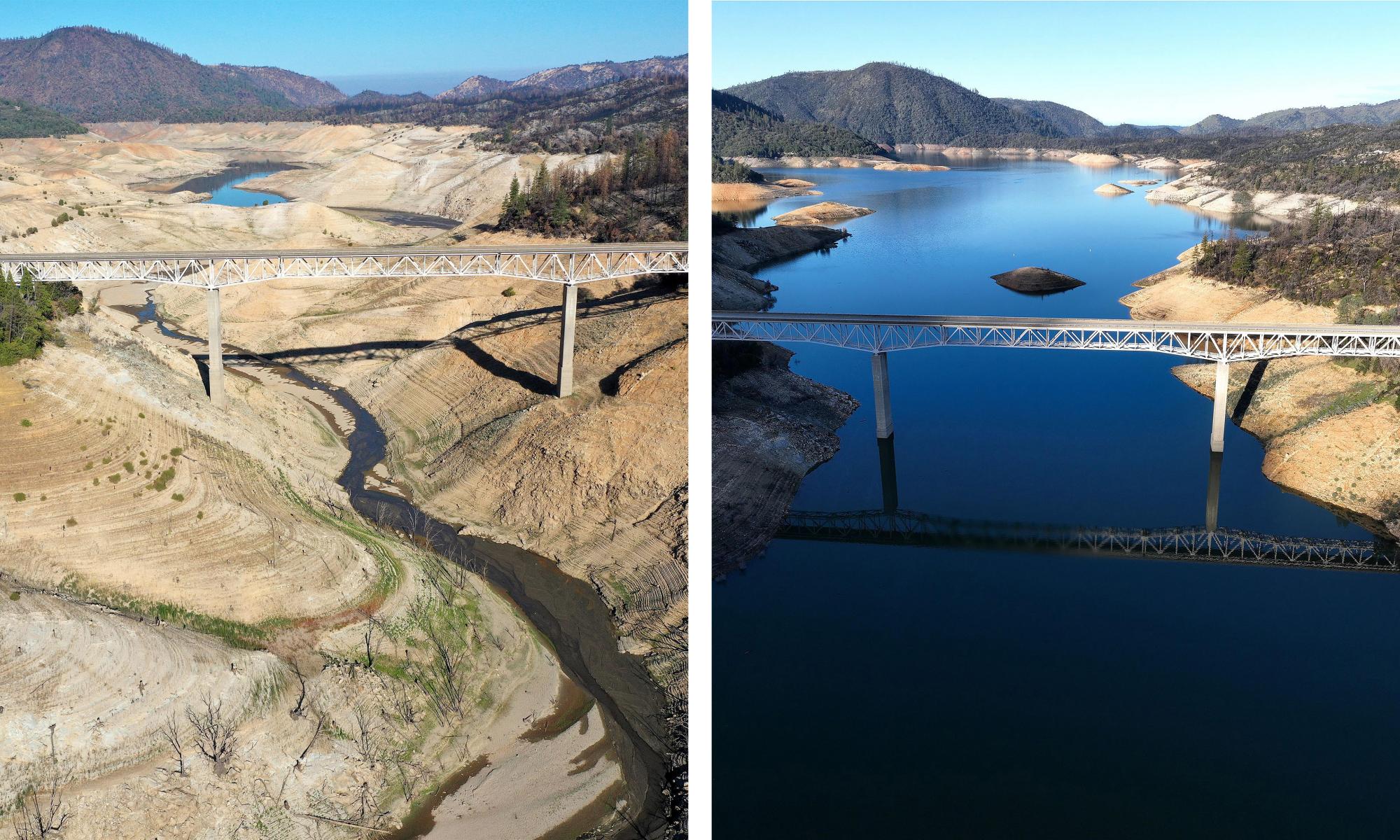Can we fully absorb the scale of the climate crisis without becoming paralysed by fear? This is a big question, with more than one answer. But it helps, I think, to recognise the extent of the challenge to our imaginations. The Indian writers Arundhati Roy and Amitav Ghosh have expressed this best. Roy used the image of a mountain filled with valuable bauxite to ask whether we could ever care enough about our environment to leave resources in the ground. Last year she spelled out her belief that the answer goes beyond politics, since what is needed is an “imagination that neither the left or the right has. To decide how you’re going to manage without” the wealth derived from mineral resources.
Ghosh’s book The Great Derangement argues that humanity’s alienation from nature is a delusion more than two centuries in the making – and one that writers and artists have proved as unable to resist as everyone else. “Let us make no mistake,” he writes, “the climate crisis is also a crisis of culture, and thus of the imagination.”
"html":"It’s an idea that is easy to mock, I know. All the more so when leading UK cultural institutions have refused to cut ties with fossil fuel giants","attribution":""
But if our imagination has failed us, what should we do about it? Richard Powers’ novel The Overstory asks, among other things, to what extent evolution is to blame. His character Adam Appich, a maverick young scholar, falls upon a book called The Ape Inside Us as a revelation. Appich becomes a psychologist, studying tree activists in the hope of determining whether, in “appealing to a new, nonhuman moral order”, they are remaking human nature.
Thinking about why it has taken so long to push climate up the list of human priorities is important. That it barely featured in recent Brazilian and Indian election campaigns is one of many frightening facts about the current situation. Even more alarming is the prospect that the intensifying struggle over the planet’s diminishing resources could fuel the rise of ethno-nationalism.
Policies such as the green new deal – advocated by the UK Labour party and on the left of the US Democratic party – are brave attempts to grapple with the scale of the crisis, while Finland’s pledge to become climate neutral by 2035 places it firmly at the front of the developed-nations pack. Moves towards decarbonisation by global corporations and in the upper echelons of financial capital must also be welcomed – even if they are likely to be too little and too late.
That none of these measures are anything like sufficient is self-evident. But if capitalists, politicians and scientists have so far not found the answers – and the global mass movement of people called for by Greta Thunberg and others is, despite recent progress, still proving elusive – could the creative arts possibly provide one means to break the impasse? If the climate emergency is seen as the consequence of a failure of imagination, then this would seem to make sense.
Creativity is not the exclusive preserve of artists and writers. But if one of the difficulties that humans face – as we confront the prospect of choosing between climate chaos and drastic reductions in emissions – is working out how to live in this parallel universe of radically reduced consumption, then surely they can help.
I don’t mean by describing the crisis in plays or disaster movies or books, although all these are useful. Nor do I mean that artists have a duty to suggest solutions, although an upcoming exhibition at the Hayward Gallery in London, Among the Trees, looks like an appealing contribution to a wider conversation about ecology. I mean that all those people and organisations that believe that human fulfilment can be found in artistic expression and creativity – in making things, singing, music-making and acting – should make the case for a reordering of society that places much greater emphasis on such opportunities, in place of our destructive habits of travel and consumption.
It’s an idea that is easy to mock, I know. All the more so when leading UK cultural institutions have refused to cut ties with the fossil fuel giants who bear such colossal responsibility for the state we are in (this weekend has seen the latest, valiant attempt by activists to persuade the British Museum to break with BP). The greenwashing such organisations have enabled has arguably made the overall position worse rather than better.
The vast majority of people worldwide, as well as millions in the UK, do not have their needs met – let alone live lives of luxury from which air travel and weekly shopping sprees could be painlessly stripped out and replaced for example with dance lessons. But to argue for a reorientation away from narrowly economic measures of individual and collective achievement, and towards a broader conception of human flourishing – an idea pioneered by the Indian economist Amartya Sen in the 1980s – is not to shirk the necessity of financial redistribution. Nor is it to abandon technology in favour of survivalist fantasies.
When so many of the pleasures that we take for granted in the west, and that are desired by billions of people who do not yet have them, are so carbon-intensive, it is surely incumbent upon us to think very hard about the things in which we take joy and meaning that are less demanding of energy and resources.
Culture won’t be on everyone’s list. Sport and a renewed focus on family and caring are among other possibilities. But reading Arts Council England’s recently published 10-year strategy, I took heart from its emphasis on participation – that is, the intention that more people should “do” culture rather than be in the audience. Speaking personally, a low-carbon future feels more manageable if I picture it as one in which there are more choirs and carnivals (minus the plastic waste) – and castings for musicals in village halls.
• Susanna Rustin is a Guardian leader writer


